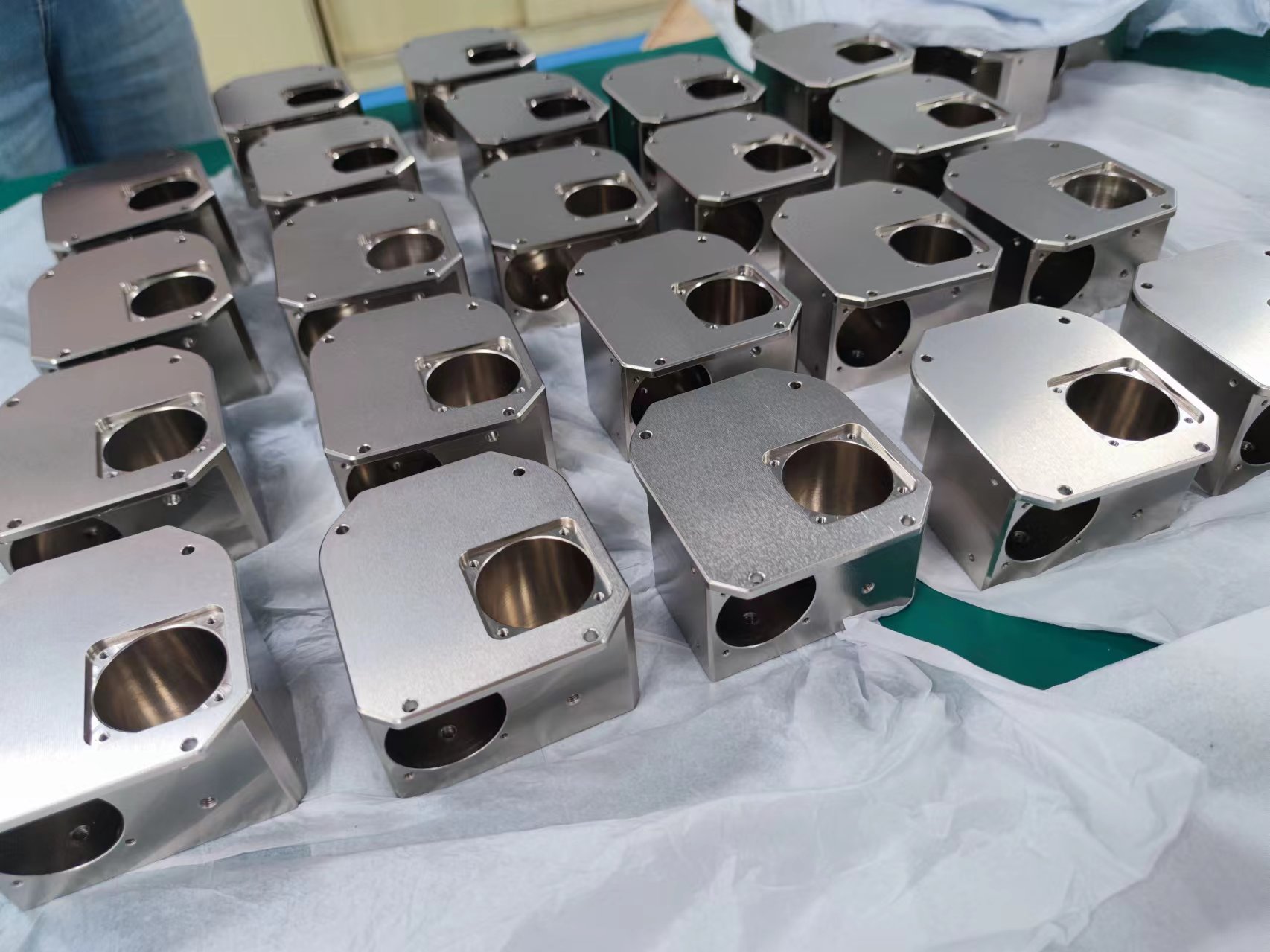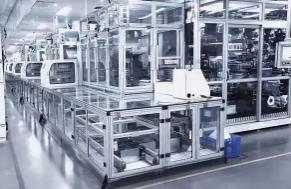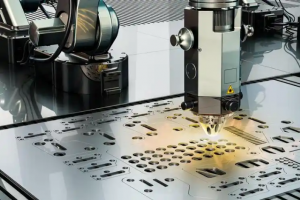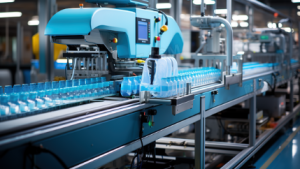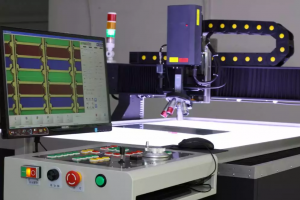Machined parts are widely used in various industries, and each industry has different requirements for the functional characteristics of parts, which directly affect the design, material selection and processing technology of parts. The following are some major industries and their specific needs for machined parts:
- Automotive industry:
Functional characteristics: high strength, wear resistance, high precision. The machined parts required by the automotive industry must be able to withstand high-speed movement and friction, such as engine components, transmission systems, etc.
Material: high-performance alloys, aluminum alloys, stainless steel, etc. - Aerospace industry:
Functional characteristics: light weight, high strength, high temperature resistance, corrosion resistance. Parts in the aerospace field are often in extreme environments, such as aircraft engines and structural components.
Material: titanium alloy, nickel-based superalloy, etc. - Medical industry:
Functional characteristics: biocompatibility, corrosion resistance, easy to clean and disinfect. Parts in the medical industry are often used for surgical instruments or implants in the body, such as joint replacements and surgical tools.
Material: stainless steel, titanium and its alloys, certain plastics, etc. - Electronics Industry:
Functional characteristics: Precise dimensions, wear resistance, good electrical insulation. Parts in the electronics industry are often used in precision equipment and components, such as semiconductor equipment, connectors, etc.
Material: Various engineering plastics, precision metals, etc. - Energy Industry:
Functional characteristics: High temperature resistance, pressure resistance, and corrosion resistance. The energy industry, especially the oil and gas industry, often requires mechanical parts that need to operate in extreme environments, such as drilling equipment.
Material: Reinforced metal, alloy steel, etc. - Industrial Machinery and Automation Industry:
Functional characteristics: High durability, high precision, and stability. Parts in these industries need to ensure long-term stable operation of the machine and reduce downtime, such as machine tools, various robotic arms on the production line, etc.
Material: High-quality steel, copper alloy, etc.
The specific requirements of each industry for machined parts depend on its application environment and performance requirements. Accurate material selection and processing technology are the key to ensuring that parts meet these requirements.


